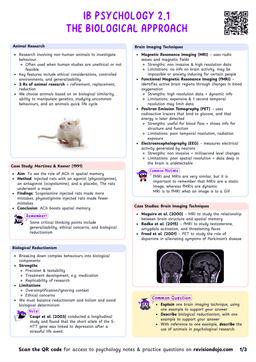Reliability and Validity of Measures
Reliability
Reliability refers to the consistency of diagnostic outcomes among clinicians.
Validity
Validity refers to the extent to which a concept or measurement accurately reflects what it is intended to measure.
- In psychological research, reliability and validity are two essential criteria for evaluating the quality of measurements and results.
- Both are crucial for ensuring that research findings are trustworthy and meaningful.
- Reliability refers to the consistency of a measurement tool or procedure. A reliable measure produces the same results under consistent conditions.
Think of a bathroom scale:
- If it shows the same weight every time you step on it, it's reliable.
- If it shows your true weight, it's valid.
- A scale that always shows 5 kg more than your actual weight is reliable but not valid.
Types of Reliability
- Test-Retest Reliability: Consistency of results when the same test is administered to the same group at different times.
- Inter-Rater Reliability: Consistency of results when different observers or raters assess the same phenomenon.
- Internal Consistency: Consistency of results across items within a test.
- A personality test that yields similar scores when taken a month apart demonstrates test-retest reliability.
- Two psychologists independently observing the same behavior and recording similar results show inter-rater reliability.
Types of Validity
- Construct Validity: The extent to which a test measures the theoretical construct it is intended to measure.
- Criterion Validity: The extent to which a test correlates with an external criterion.
- Content Validity: The extent to which a test covers all aspects of the construct being measured.
- Face Validity: The extent to which a test appears to measure what it claims to measure.
- An IQ test that accurately measures intelligence has construct validity.
- A depression scale that correlates with clinical diagnoses of depression demonstrates criterion validity.
- A math test covering all topics taught in a course has content validity.
- A survey on happiness that includes questions about life satisfaction has face validity.
Challenges in Ensuring Reliability and Validity
- Cultural Bias: Measures developed in one culture may not be valid in another.
- Subjectivity : Observer bias can affect inter-rater reliability.
- Test Conditions : Variations in test administration can impact test-retest reliability.
Types of Errors
- Type I Error: incorrectly rejecting the null hypothesis when it is true.
- Type II Error: incorrectly failing to reject the null hypothesis when it is false.
- Type I Error: You take a COVID-19 test and it says you have covid when you actually do not.
- Type II Error: You take a COVID-19 test and it says you do not have covid when you actually do.
- Reliability: IQ tests are generally reliable, producing consistent scores over time.
- Validity: Critics argue that IQ tests may lack construct validity because they do not capture all aspects of intelligence, such as emotional or creative intelligence.
Limitations of Reliability and Validity
- Achieving both reliability and validity can be challenging, especially in complex or subjective constructs.
- Measures that are reliable in one context may not be valid in another, highlighting the need for context-specific validation.
Applications of Reliability and Validity
- Researchers should pilot test measurement tools to assess reliability and validity before full-scale studies.
- Regularly updating and validating measurement tools ensures their continued accuracy and relevance.
Reflection
- Can you explain the difference between reliability and validity?
- How would you assess the reliability and validity of a new psychological test?


